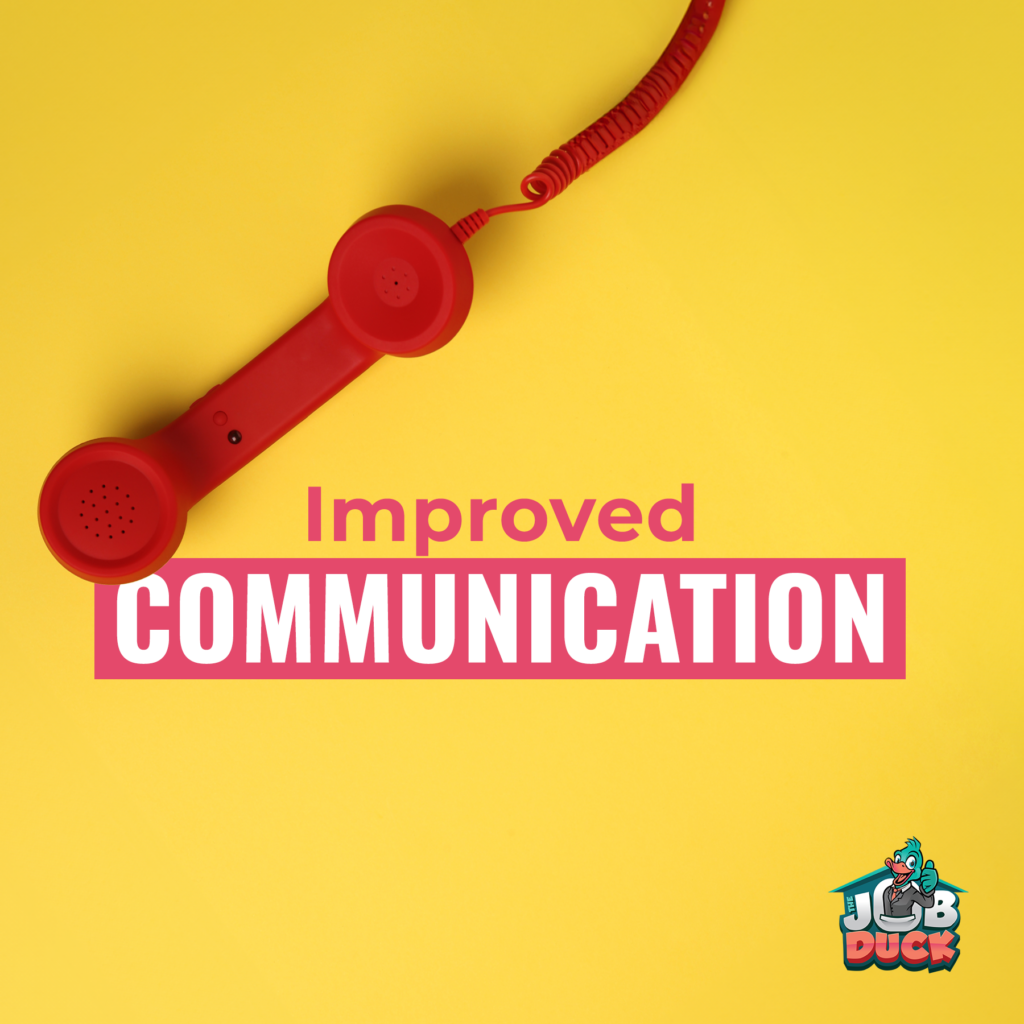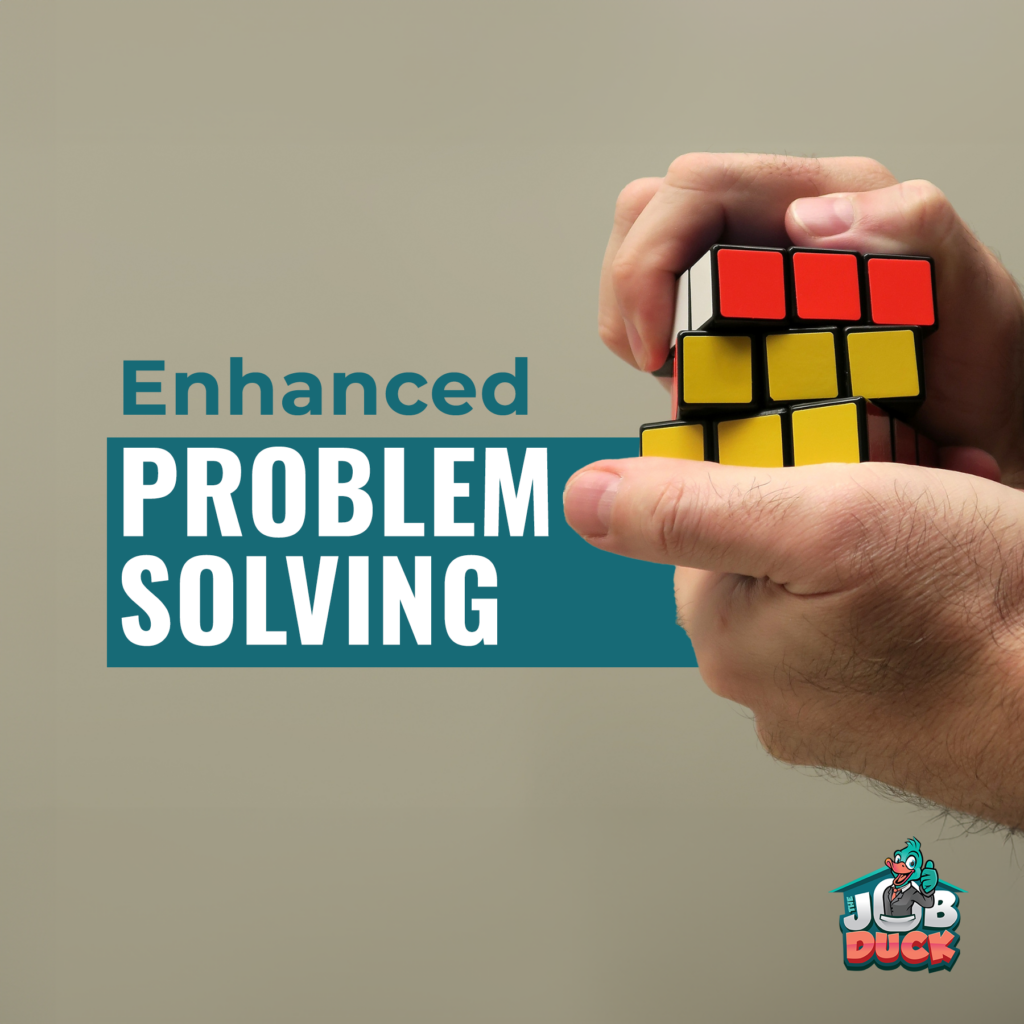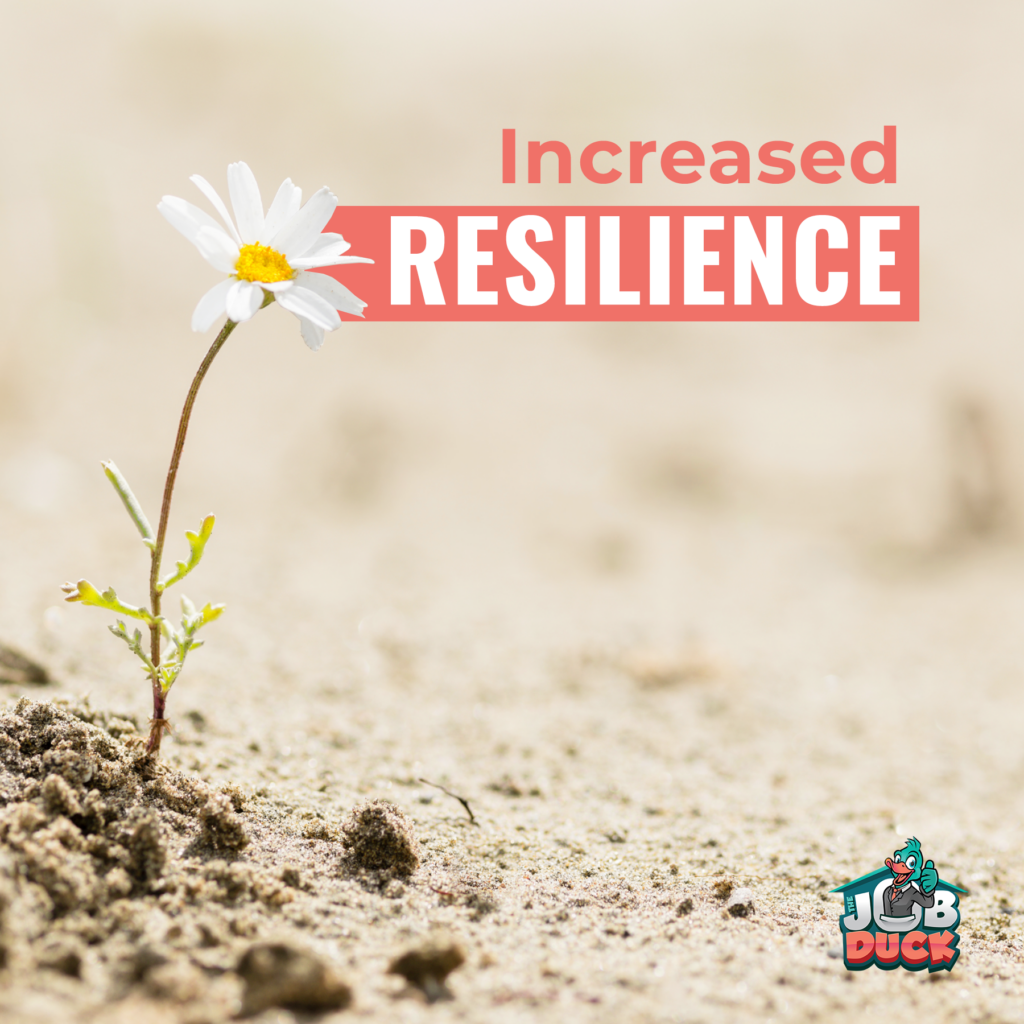
In the rush of modern life, it feels like we always have something to do and never enough time. But there’s a way to find some peace in the chaos: mindfulness. It’s an ancient meditation technique but still helpful today, especially when we’re working remotely.
In this blog, we’ll share seven reasons why implementing mindfulness into your daily routine is beneficial. Additionally, we’ll provide a step-by-step guide on how to incorporate mindfulness into your life, ensuring it is accessible and actionable for everyone. Enjoy the read!
What is Mindfulness?
Before we get started, let’s make sure we’re clear on the definition of mindfulness. In simple terms, mindfulness means paying attention to what’s happening in the present moment.
It involves being fully aware of your thoughts, feelings, bodily sensations, and the environment around you, without judgment or distraction. Now, let’s explore some of the benefits of practicing mindfulness:
Present Moment Awareness
Mindfulness helps you stay present and focused on the task at hand. Instead of worrying about what went wrong yesterday or what needs to be done tomorrow, mindfulness helps you concentrate on what you’re doing right now.

“By focusing on the present moment, we can transform our productivity and efficiency, one task at a time.” – Deepak Chopra
Clarity of Thought
By practicing mindfulness, you sharpen your ability to think clearly. This clarity allows you to approach situations with a more rational and objective mindset, which in turn helps you make wiser decisions. As a result, your processes become smoother, and the outcomes are more organized and effective.
“Instead of letting stress cloud your judgment, mindfulness helps you maintain clarity of thought.”

Reduced Stress
Mindfulness practices, such as meditation or deep breathing exercises, can help reduce stress levels. When you’re less stressed, you’re better able to handle challenges and setbacks in your processes without becoming overwhelmed or flustered, leading to more streamlined organization.

“Practicing mindfulness helps remote workers stay calm and focused, making it easier to handle challenges and stay organized.”
Improved Communication
Better communication happens when we really listen and try to understand others. Practicing mindfulness helps with this. When people are mindful, they pay more attention during conversations, which makes connections stronger and helps everyone understand each other better.
“This enhanced communication can lead to better collaboration within teams, as everyone feels heard and valued.”

Enhanced Problem-Solving
Approaching problems with a calm and rational mindset is a key benefit of practicing mindfulness. Instead of reacting quickly without thinking, you pause and look at the situation from different perspectives. This helps you come up with new and better solutions, making problem-solving smoother and more effective.

”By being mindful, you can navigate challenges with clarity and creativity, ultimately achieving better outcomes.”
Increased Resilience
Developing resilience is one of the ways mindfulness can benefit you. By becoming more self-aware and better at controlling your emotions, you’re better equipped to handle changes or disruptions in your work. This helps you stay organized and productive, even when things get tough.
“Mindfulness is the key to unlocking resilience in the face of life’s challenges, helping us stay grounded and focused even in turbulent times.”

Better Time Management
Mindfulness encourages you to prioritize tasks based on their importance and urgency, leading to more effective time management. By being mindful of how you allocate your time, you can ensure that essential tasks are completed efficiently, minimizing delays and maximizing productivity.

“It helps remote workers focus on what truly matters, allowing them to manage their time effectively and accomplish tasks with purpose.”
How to Practice Mindfulness
In the following steps, we’ll look at easy ways to practice mindfulness in your everyday life. By staying present and focused, you can boost your mental clarity and feel more balanced. Let’s explore some simple techniques to help you get started:
- Start with Intent: Set goals for the day.
- Practice Deep Breathing: Take breaks for focused breathing.
- Focus on Tasks: Avoid multitasking, concentrate on one thing.
- Stay Present: Be aware of thoughts and feelings.
- Practice Gratitude: Reflect on gratitude daily.
- Mindful Communication: Practice empathy in communication.
- Mindful Movement: Try yoga or tai chi.
- Reflect Before Bed: Review the day and set intentions for tomorrow.
In summary, adding mindfulness to your remote work routine can really make a difference in how well you work and how good you feel. Just taking a moment to breathe and concentrate can have a big impact.
So why not give it a shot? With mindfulness, you can transform your remote work experience into one that is not only more efficient and collaborative but also more fulfilling and enjoyable.
What are your thoughts? Do you think it’s worth a try? Let us know in the comment section below. We’re looking forward to hearing from you!



